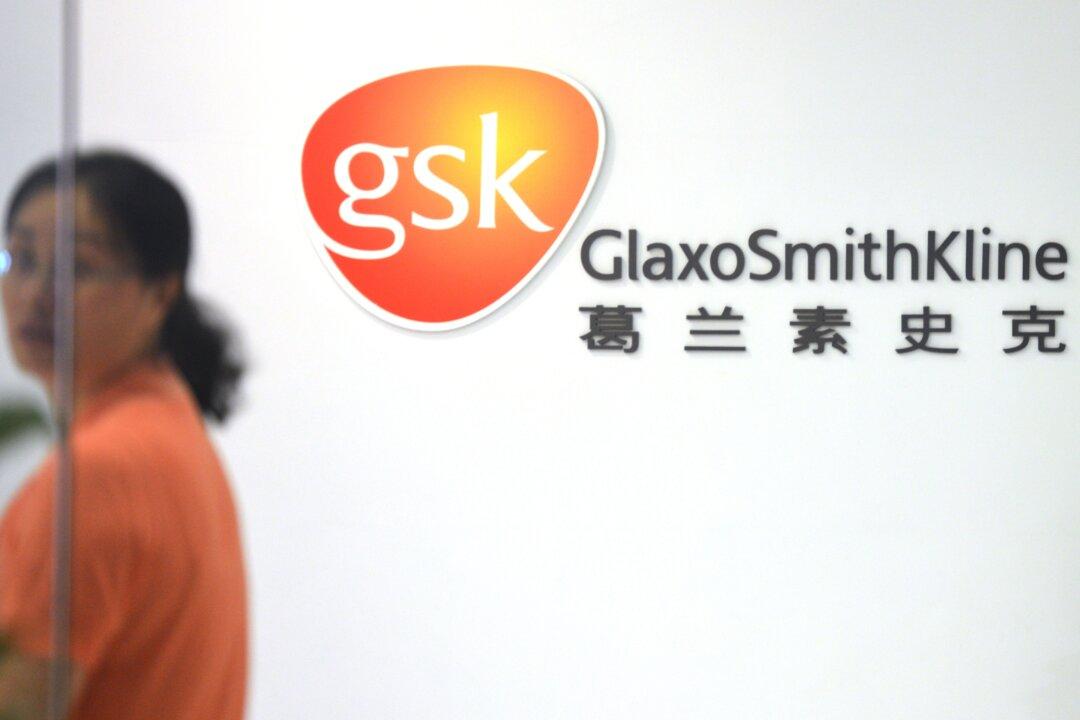Multinational pharmaceutical giant GlaxoSmithKline (GSK) was recently blacklisted by the Chinese authorities and will not be eligible for the country’s national drug procurement program for the next one and a half years.
Through the Chinese drug procurement program, pharmaceutical companies participate in a program of centralized drug procurement that supplies drugs at high volumes and low prices.






